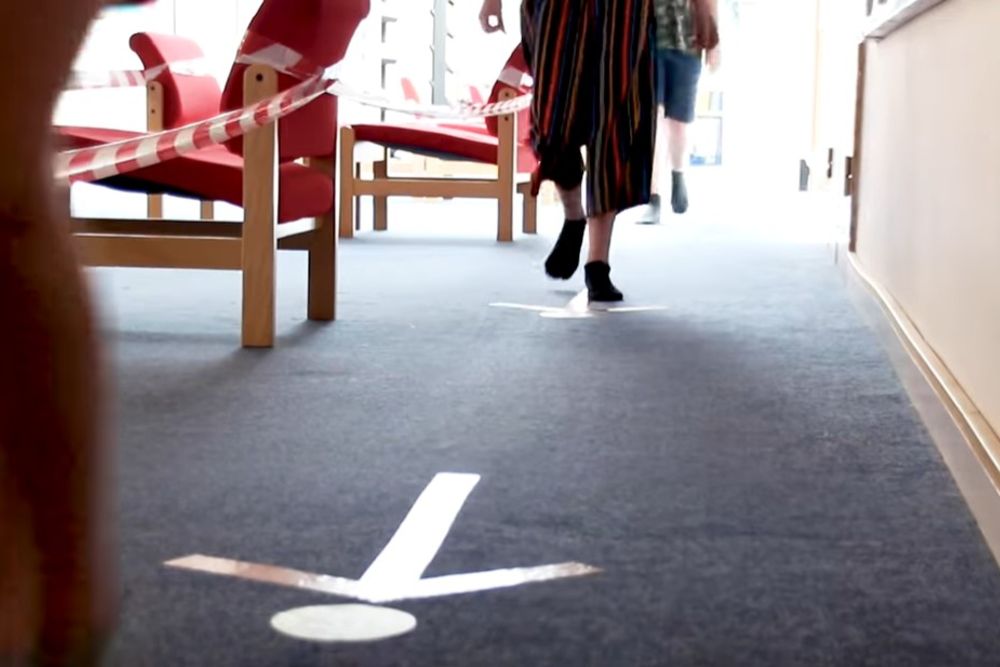
Younger primary-age children look set to be the next to return to the classroom in Jersey under the government's phased approach to reopening schools.
The Education Minister says the aim is for all students to have some time back to school before the summer break, but it's possible that some won't return this term.
Years 6, 10 and 12 will be the first to return to the classroom from next Monday (8 June).
In a special Channel 103 Back to School Q&A programme, we're told the youngest pupils are due to be next in line, with a target date of 22 June, but no formal decision as been taken yet.
"We have got the likes of nurseries and of course Reception, Going into different Key Stages can be very different for children as well, so I think that would be the ultimate aim." - Education Minister, Sen Tracey Vallois
Senator Vallois says it is possible the ambition of all students returning in some form before start of the summer holidays might not be realised:
"There will be some children in families and children themselves that have an extremely vulnerable medical requirement which may refrain or prevent them from attending school.
"What we're doing is safe. We want to return children safely and ensure that they get back to school in terms of having that friendship model, learning new ways of working and catch up on some of their school work that they may not have been able to catch up on."
Mark Rogers, Director-General of the Children, Young People, Education and Skills Department, says he and his team have been set the task and are planning for all children to experience being back in the classroom environment before 17 July.
He adds that he wants to do that as soon as possible, as long as it's safe. Children will be kept in 'bubbles' to limit their contact with others. It will mean defined groups of children, physically distanced from other 'bubbles'.
"Our job is to ensure that in the safest possible way and in a way that doesn't jeopardise the very good position that the island already finds itself in, we can get all of those children back or some kind of educational, social and well-being experience into schools.
"We will aim to do that. Whether we can achieve it is dependant on how these early stages go."
In a wide-ranging interview, Senator Vallois and Mr Rogers also answered questions sent in by Channel 103 listeners:
* Why aren't more students back yet and why aren't more year groups returning from Monday 8 June?
"We have to look at how we can transition our Year 6 pupils so we can reduce the anxiety and concern they may have moving to what will be a big school, a big environment, and very different from what they have been experiencing.
The idea behind the Year 10 and 12 - they usually have five terms across Year 10, 11, 12 and 13 to cover their GCSE or A-level courses. So by 1 June, these year groups will not have been in a school for a term or 20% of their normal annual time with teachers. So it's important for these pupils and students to resume direct face-to-face learning." - Senator Tracey Vallois
"We can't bring all children back into school simultaneously and full-time because the physical capacity of our schools means that in order to keep the physical distancing in place, we need to have fewer numbers of children.
There has been either occasional confusion or misunderstanding since the Minister made her announcement about 'Well, the health professionals are saying it's safe for children to come back but actually the schools and department aren't allowing that to happen'.
What we're trying to do is manage two important issues. One is recognising that we want children back, the second is we are constrained by the physical distancing requirements in terms of the number of children we could fit into our schools." - Mark Rogers.
Why are private schools reopening to more year groups than States schools?
"What we are saying to them (private schools) very clearly is that they need to follow the public health advice to the letter because that is really important for the protection of children, staff and the community.
"If they are physically configured in such a way or if they have the numbers that allow them to do this, then they are entitled through their private status to return children in a way that makes best sense to their school community.
"But the insistence that we will place on them is that they have to follow the same public health guidance as the provided government schools and also we are expecting them to consult with colleagues in my department around the health and safety and wider public health requirements that they need to fulfil." - Mark Rogers.
Channel 103 understands that at least two private schools are planning to fully reopen next week.
Why alternative sites aren't being found if existing schools aren't big enough accommodate all children?
"The education advice is usually it is better for the children to be in their usual setting. That will create much more comfort and confidence for them to start learning.
"The relationships they have with teachers is very important. We have to recognise that other settings may not have the same type of resources and requirements in those settings that a normal school would have." - Senator Tracey Vallois.
Which year groups will be the next to return?
"I'm not going to say that at this stage. We are continually learning, and the Minister will have to make a formal decision on that anyway and it would just be premature, at this stage, to make that definitive statement.
"We are really mindful that those younger children are a priority group we would like to see back sooner rather than later." - Mark Rogers.
What is the plan for school buses?
"They're identifying the numbers of children and what they may look like. They have hygiene requirements and physical distancing on the buses.
"Of course I recognise that the school bus service is usually overpopulated but with just the Years 10 and 12 at this point (returning) that should hopefully significantly reduce the demand in terms of their requirements under their safety measures." - Senator Tracey Vallois.
We're currently working with Government and schools to determine what level of service is required from next week and will be publishing the timetables shortly. We have also created seating plans for the buses and marked off certain seats not to be used.
— LibertyBus (@LibertyBusje) June 2, 2020
All vehicles are cleaned thoroughly everyday as well as additional cleans to high touch point area throughout the day as they come through the station. They are also deep cleaned once a week.
— LibertyBus (@LibertyBusje) June 2, 2020
How will children be kept apart in the playground?
"What we're going to be doing is keeping these bubbles together in primary (schools) and simply ensuring that the bubbles themselves don't interact with each other. So outdoor areas in many ways are like indoor areas - you keep your bubble together, you rely on that bubble to provide the safe environment for the children and the staff - and two metres is both a considerable distance and no distance at all outside so we think its perfectly possible and schools have been planning for bubbles to be outside and not interact with each other.
"Whilst we are going to make sure we observe the physical distancing requirements, it is safe safer being outside for example at break-time and lunchtime than anywhere else. We know that already from the strategy that the government has been pursuing and so actually the risks decrease in many ways - especially if children do manage outside, they are protected by their bubble, the bubbles are separated from each other and the movement from air in the outside environment helps with all of this as well." - Mark Rogers.
Will children be tested, and have all teachers been tested?
"Teaching staff are all eligible and it is a discretionary eligibility, they're not required to do this, but they are already eligible for the PCR test and many teachers have been taking that up.
"There is that basic eligibility so I think we should be able to give reassurance about that and I know it's certainly a question our trade union colleagues have been asking us and we think we have got all the arrangements in place for teachers to feel confident that they can return into their school working environment because the testing, tracing and tracking regime, they're included in it.
"There isn't a programme of discretionary let alone compulsory testing for children because the public health advice is that that's actually not necessary.
"What public health is continuing to do is to keep that under review but the review is I think more focused on the serology type of things (antibody test). There are no plans at this stage to be testing children, there are ongoing discussions to think about whether that is going to be necessary.
"There are important questions about the ethics of that, which medical professionals will be seriously considering as well." - Mark Rogers.
How will schools and equipment be kept clean?
"Cleaning practices will be reflected in the school's safety plans and will be in accordance with our departments cleaning guidance. As an example - clean surface touch points which will be directed in the cleaning schedule - this includes doors, handles, light switches, horizontal surfaces, hand railings and toilets.
"There is a whole spreadsheet type of thing that gives an explanation of the minimum standards expected in terms of cleaning and that will be adapted depending on the environment in which the teachers are working within.
"You've got things like having to clean toilets every hour, important for regular hygiene in terms of washing your hands with soap and water, encourage frequent and thorough washing for at least 20 seconds, place hand sanitisers in toilets, classrooms, halls, near entrances and exits where supervised.
"That's just a few of the guidance in place and of course if symptoms of Covid-19 are displayed then there has to be an immediacy around isolating that individual in a clean, designated area of the school or building." - Senator Tracey Vallois.
Should children return in school uniform?
"We are advocating common sense. Children will have grown out of their uniform I suspect over the recent weeks and months. In terms of what you turn up to in school, as long as it's appropriate for school I'm sure nobody is going to have a problem with that. Those schools that are asking children to come back in uniform - that's fine, but there will be flexibility around that.
"Children aren't superspreaders so let's always bear that in mind. Regular washing, including of your clothes, is part of the wider hygiene health regime that health professionals are recommending.
"If you put all of those things together, I think we've got a perfectly manageable situation." - Mark Rogers
Will there be summer school or activity clubs during the school holidays?
"There's no plan to shorten the summer holidays. In terms of holiday clubs and the whole activity around breakfast clubs and after school clubs - at the moment that won't be the case because that exacerbates the possibility in terms of that transmission.
"Having to have that in terms of bubbles and requirements around those would be much more difficult to manage". - Senator Tracey Vallois.
"We are looking at what would ordinarily have been provided by private providers or charities and others and whether the health guidance will enable those sorts of clubs to take place, partially or fully, over the summer and we are also going to be thinking about what kind of activities that we as government might want to put on over the summer as well in order to make sure that children continue to be emotionally and socially supported as well as prepared for coming back to the new term in September." - Mark Rogers.
What additional support will schools receive for assisting children suffering with anxiety and other mental health issues as a result of the prolonged time away from school?
"They won't be returning to exactly what they saw before and I mean that not just in terms of the physical distancing requirements but what we want to do is to create a climate in which children might feel safe, missed, welcomed and valued - understand the new world and the ways of working in school, having some structure that's applied calmly and gently to them, rebuilding that trust and reestablish the friendships, have opportunities to reflect on their experiences with others, tell us what they need and also reacquaint themselves with learning to engage in some learning that will be familiar and reassuring.
"We will be putting in place what we will call a recovery curriculum. The first five days would be:
- Day 1: Welcome friendship belonging, how to work in bubbles, activities adapted for social distancing.
- Day 2: Things around what's changed since lockdown, the good and bad, the environment and recovery of nature, cooperative communities, kindness and gratitude as well as loss of contact worries, learning from home and how does that help us all move forward.
- Day 3: Wellbeing worries and their fears.
- Day 4: Their work, where they are with that and how the school can help them to improve or more forward.
- Day 5: Their achievements - celebrating the best personal academic achievements during that lockdown.
"That's an example of the first week in terms of their recovery curriculum that we will be offering to them.
"We will have to have additional resource around things like ELSA's in schools to ensure that we can support them fully and appropriately."
Tune in to the Channel 103 Breakfast Show on Monday 8 June when Peter Mac will be live from one of the island's primary schools as it welcomes back pupils for the first time since 20 March.
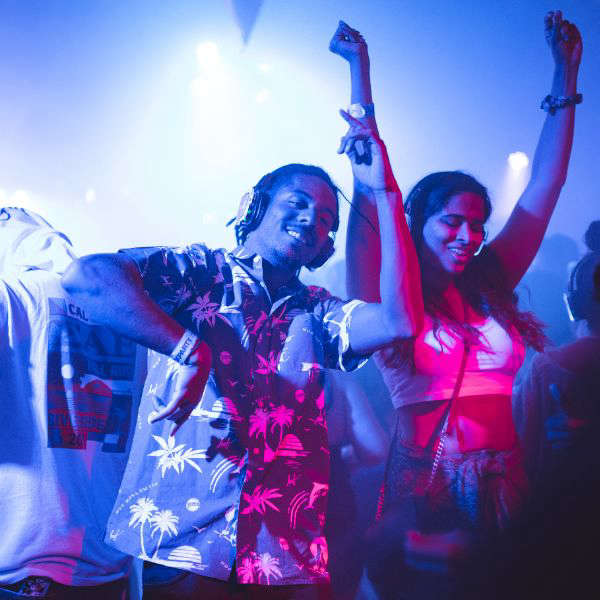

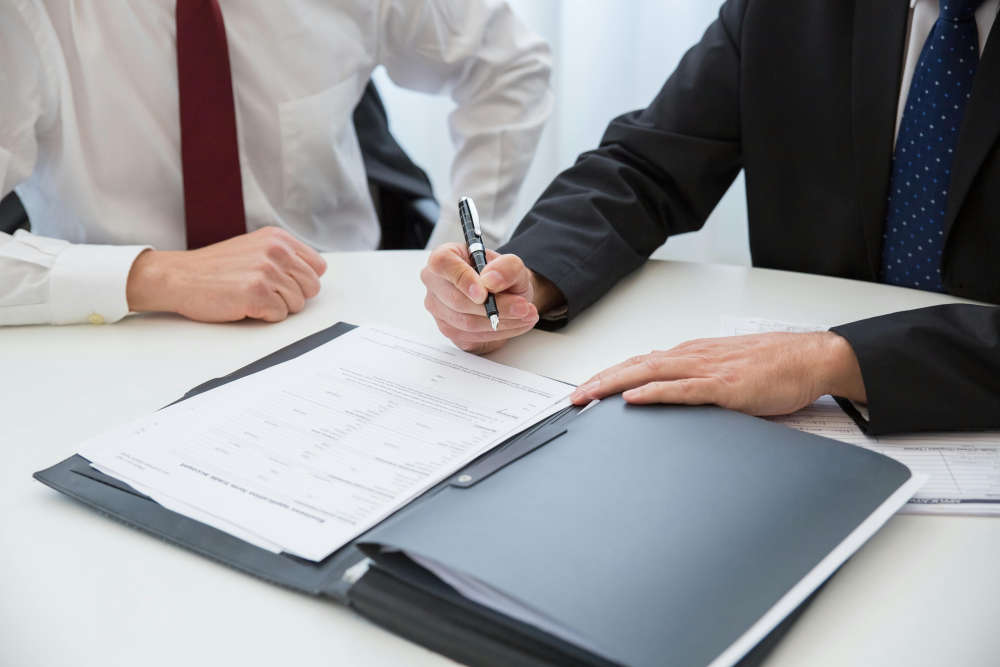 Civil Service recruitment freeze extended
Civil Service recruitment freeze extended
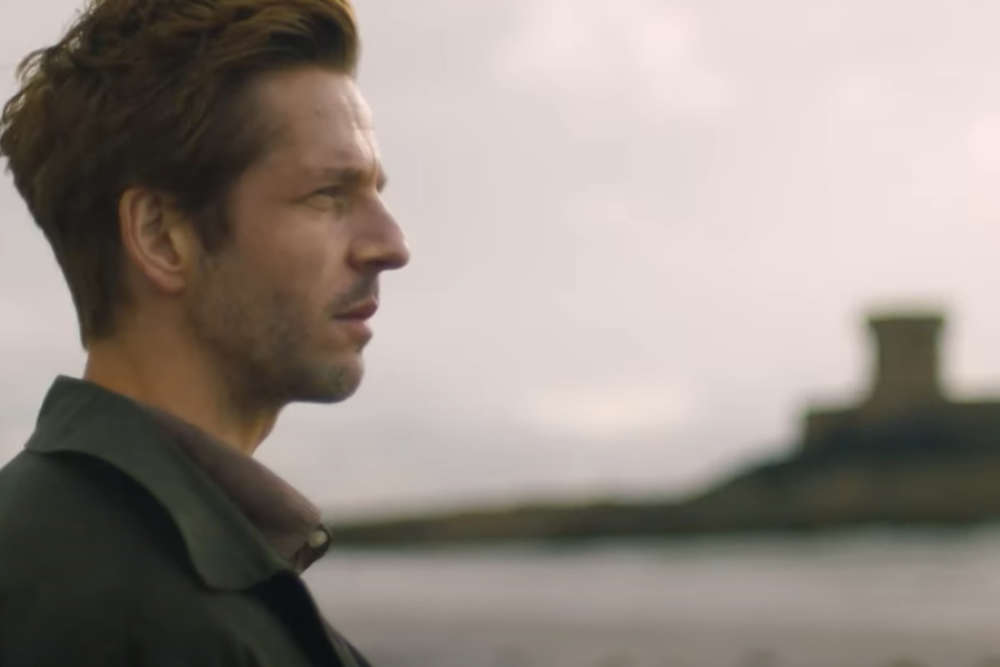 Industry rumours of Bergerac second series
Industry rumours of Bergerac second series
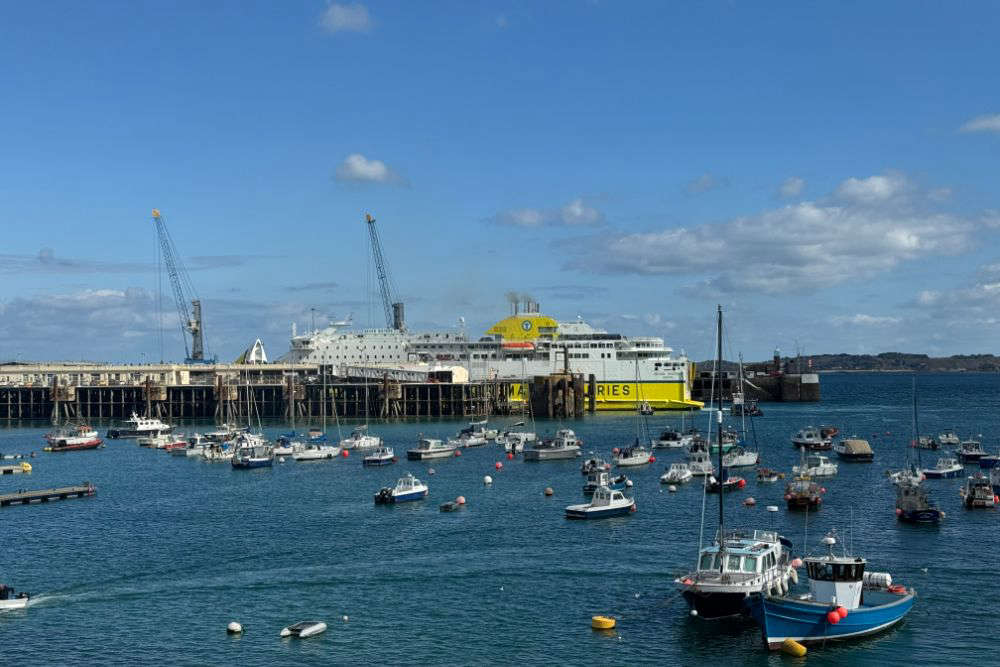 DFDS brings in replacement ship for Portsmouth sailings
DFDS brings in replacement ship for Portsmouth sailings
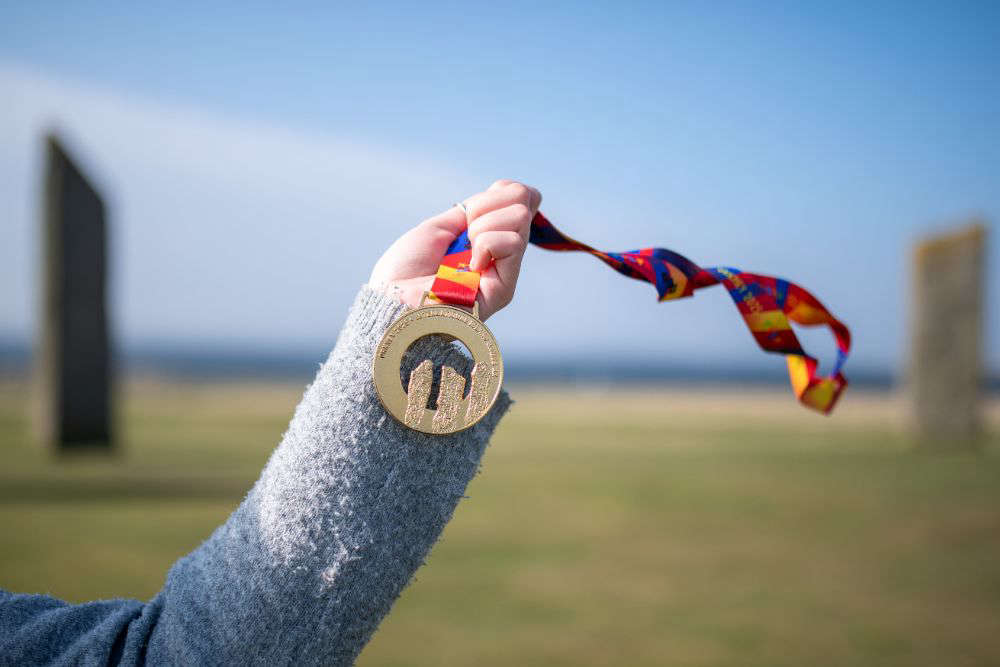 100 days until Orkney Island Games begin
100 days until Orkney Island Games begin
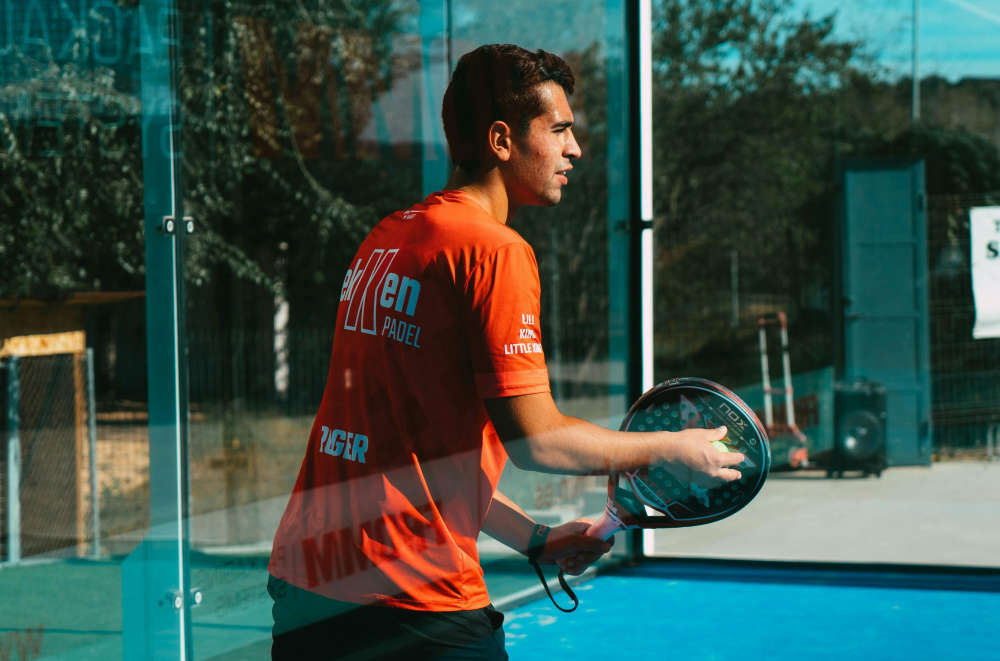 £200k padel facility coming to Les Ormes in May
£200k padel facility coming to Les Ormes in May
 Jersey Opera House opening show announced
Jersey Opera House opening show announced
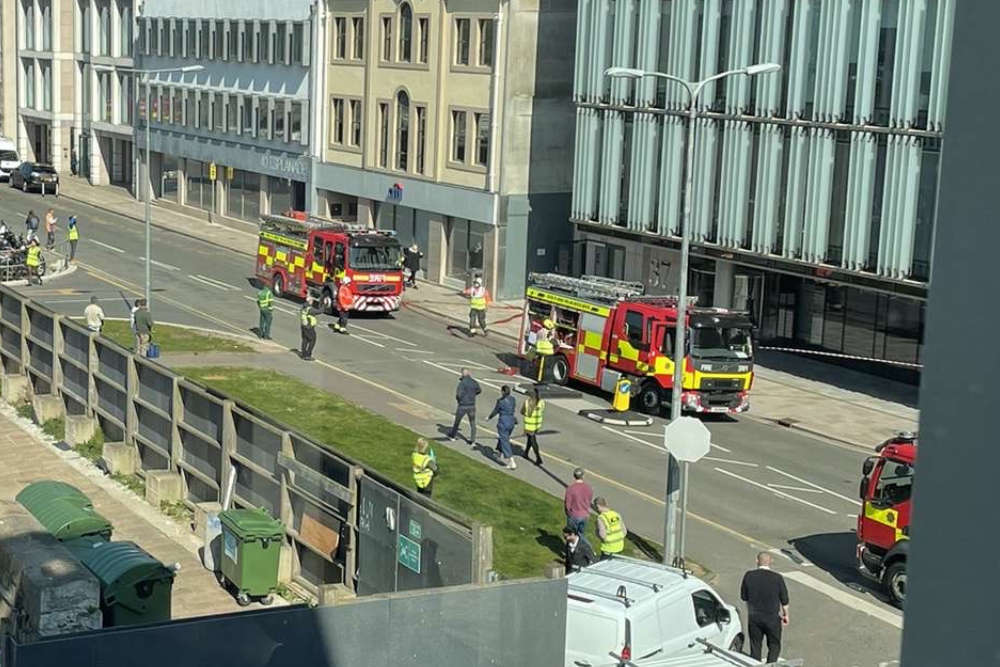 Two islanders trapped in a lift rescued from sixth-floor fire on the Esplanade
Two islanders trapped in a lift rescued from sixth-floor fire on the Esplanade
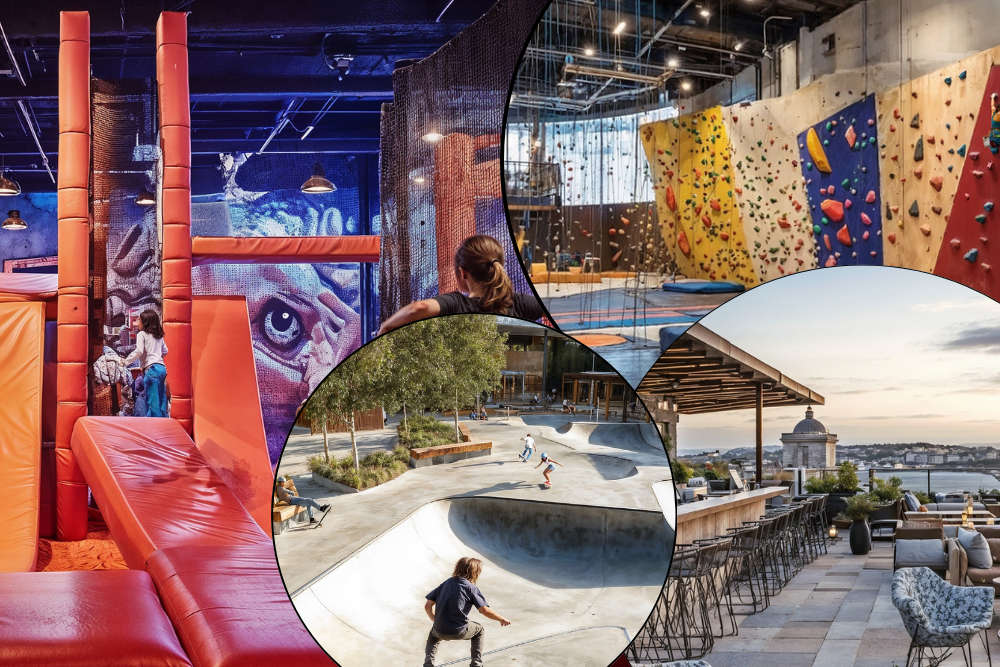 Rooftop bar, climbing wall and concert hall in £110m Fort Regent plans
Rooftop bar, climbing wall and concert hall in £110m Fort Regent plans

